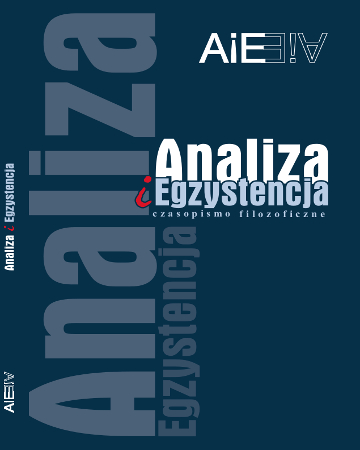No more Mad-dog Concept Nativism
No more Mad-dog Concept Nativism
Author(s): Justyna Japola-Des VergnesSubject(s): Philosophy, History of Philosophy
Published by: Wydawnictwo Naukowe Uniwersytetu Szczecińskiego
Keywords: Fodor, concepts; concept acquisition; concept nativism; architecture of the mind
Summary/Abstract: According to Jerry Fodor, there are two possibilities with respect to the origin of concepts: a concept is either innate, or it is acquired from experience by means of the process of ‘concept learning.’ Fodor’s view in his 1975 and 1980 is that the empiricist method of concept acquisition, forming and testing hypotheses about objects that fall under a concept, can only work for complex concepts. He claims that we must possess some concepts in order to form hypotheses, so none of our simple (or primitive) concepts can be learned. If we have them—then they must be innate. In his 2008 Fodor contends furthermore that no new concepts at all, neither primitive, nor complex, can be learned, and so that all concepts must be innate. I argue that Fodor’s famous mad-dog concept nativism should be rejected because it could only work together with what I call neural nativism, and the latter turns out to be scientifically untenable. In addition, I suggest that one’s position in the empiricism/nativism debate should be a function of one’s account of the architecture of the mind, which, in Fodor’s case, only implies architectural nativism, and so, the existence of innate mechanisms. It neither obviously requires, nor precludes, representational—or concept—nativism.Keywords
Journal: Analiza i Egzystencja: czasopismo filozoficzne
- Issue Year: 2013
- Issue No: 24
- Page Range: 133-163
- Page Count: 31
- Language: English

